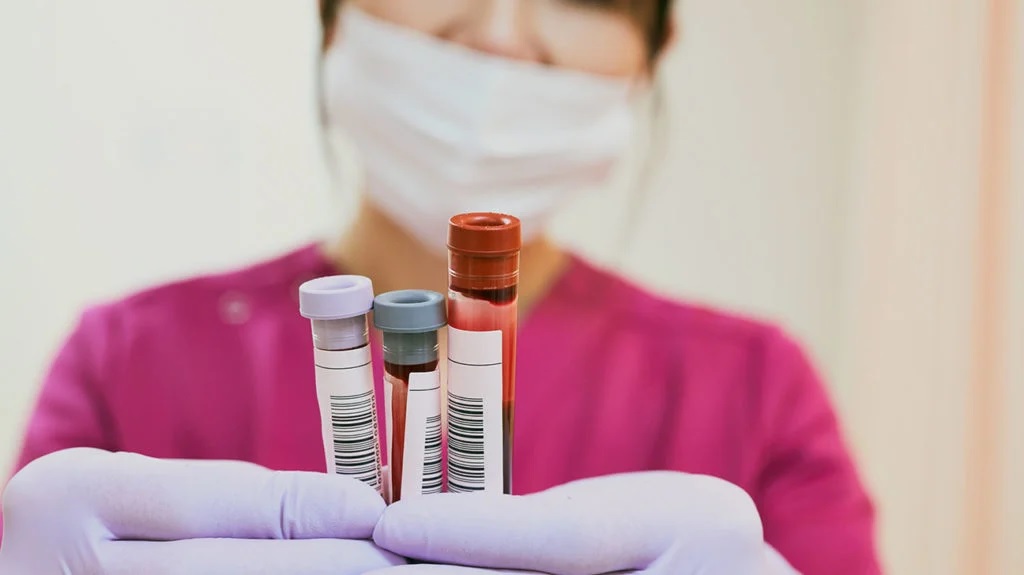Blood sample tracking is a crucial component of modern healthcare, ensuring that blood specimens are collected, transported, processed, and stored accurately and safely. The importance of proper tracking cannot be overstated, as it directly impacts patient diagnosis, treatment, and overall safety. This article explores the significance of blood sample tracking, the challenges faced in the process, and the technologies and best practices that enhance tracking systems.
Importance of Blood Sample Tracking
- Accuracy of Results: The primary purpose of blood sample tracking is to ensure the accuracy and reliability of laboratory test results. Mislabeling or mishandling blood samples can lead to incorrect diagnoses, inappropriate treatments, and potentially harmful consequences for patients. A robust tracking system minimizes errors, ensuring that each sample is correctly associated with the corresponding patient.
- Patient Safety: Blood samples often contain critical information about a patient’s health, including the presence of diseases, infections, or genetic disorders. Accurate tracking helps ensure that patients receive timely and appropriate care based on their test results. Additionally, tracking systems play a vital role in preventing mix-ups that could result in administering the wrong treatment.
- Regulatory Compliance: Healthcare organizations must adhere to strict regulations and standards regarding blood sample handling and testing. Effective tracking systems help institutions comply with guidelines set forth by regulatory bodies, such as the Food and Drug Administration (FDA) and the Clinical Laboratory Improvement Amendments (CLIA). Compliance not only protects patient safety but also mitigates legal risks for healthcare providers.
- Traceability: In the event of an error or adverse reaction, having a reliable tracking system allows healthcare providers to trace the source of the problem quickly. This traceability is crucial for conducting investigations, implementing corrective actions, and preventing future incidents.
Challenges in Blood Sample Tracking
Despite its importance, blood sample tracking faces several challenges:
- Human Error: Manual data entry and labeling can lead to errors, such as mislabeling samples or entering incorrect patient information. These errors can compromise the integrity of the tracking system and jeopardize patient safety.
- Sample Misplacement: During transportation and processing, blood samples can be misplaced or lost. A lack of proper tracking can result in delays in testing and treatment, which can be detrimental to patient outcomes.
- Inconsistent Protocols: Different healthcare facilities may have varying protocols for blood sample handling and tracking. Inconsistencies can create confusion and increase the risk of errors, particularly in facilities that process samples from multiple sources.
Technologies and Best Practices for Effective Tracking
To address these challenges, healthcare organizations are increasingly adopting technologies and best practices for blood sample tracking:
- Barcoding and RFID Technology: Implementing barcodes or radio-frequency identification (RFID) tags on blood sample containers allows for automated tracking throughout the entire process. Scanning these codes at each step ensures that the sample is linked to the correct patient and that its status is updated in real-time.
- Laboratory Information Management Systems (LIMS): LIMS are software solutions designed to manage laboratory samples and associated data. These systems facilitate efficient tracking, automate data entry, and provide a centralized database for sample management. LIMS enhances accuracy and streamline laboratory workflows.
- Standard Operating Procedures (SOPs): Developing and enforcing standardized protocols for blood sample collection, labeling, transportation, and storage is essential. SOPs help ensure consistency across healthcare facilities, reducing the risk of errors and improving overall efficiency.
- Training and Education: Regular training for healthcare staff on proper blood sample handling and tracking procedures is vital. Educating staff about the importance of accurate tracking can foster a culture of safety and accountability within healthcare organizations.
- Auditing and Monitoring: Regular audits and monitoring of blood sample tracking processes can identify potential issues and areas for improvement. Organizations should establish key performance indicators (KPIs) to assess the effectiveness of their tracking systems continually.
Conclusion
Blood sample tracking is an essential aspect of patient care that directly impacts diagnosis and treatment outcomes. By ensuring the accuracy, safety, and traceability of blood specimens, healthcare organizations can enhance patient safety and maintain regulatory compliance. Addressing challenges through the adoption of advanced technologies, standard protocols, and continuous staff training will further strengthen blood sample tracking systems, ultimately leading to improved healthcare quality and patient outcomes. In a world where timely and accurate diagnostics are crucial, effective blood sample tracking remains a fundamental element of patient-centered care.
For more on blood tracking, check out Msoft 360.


